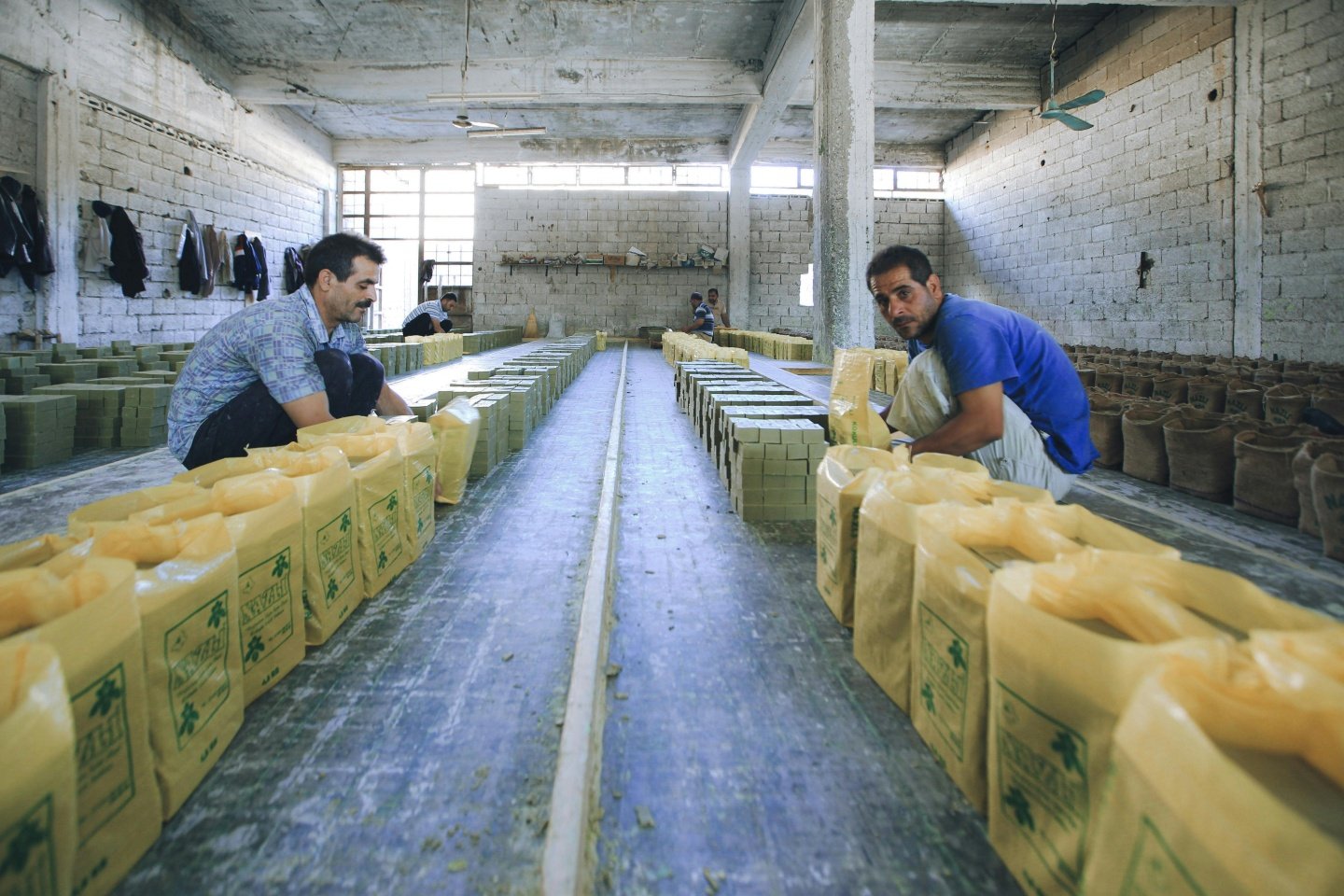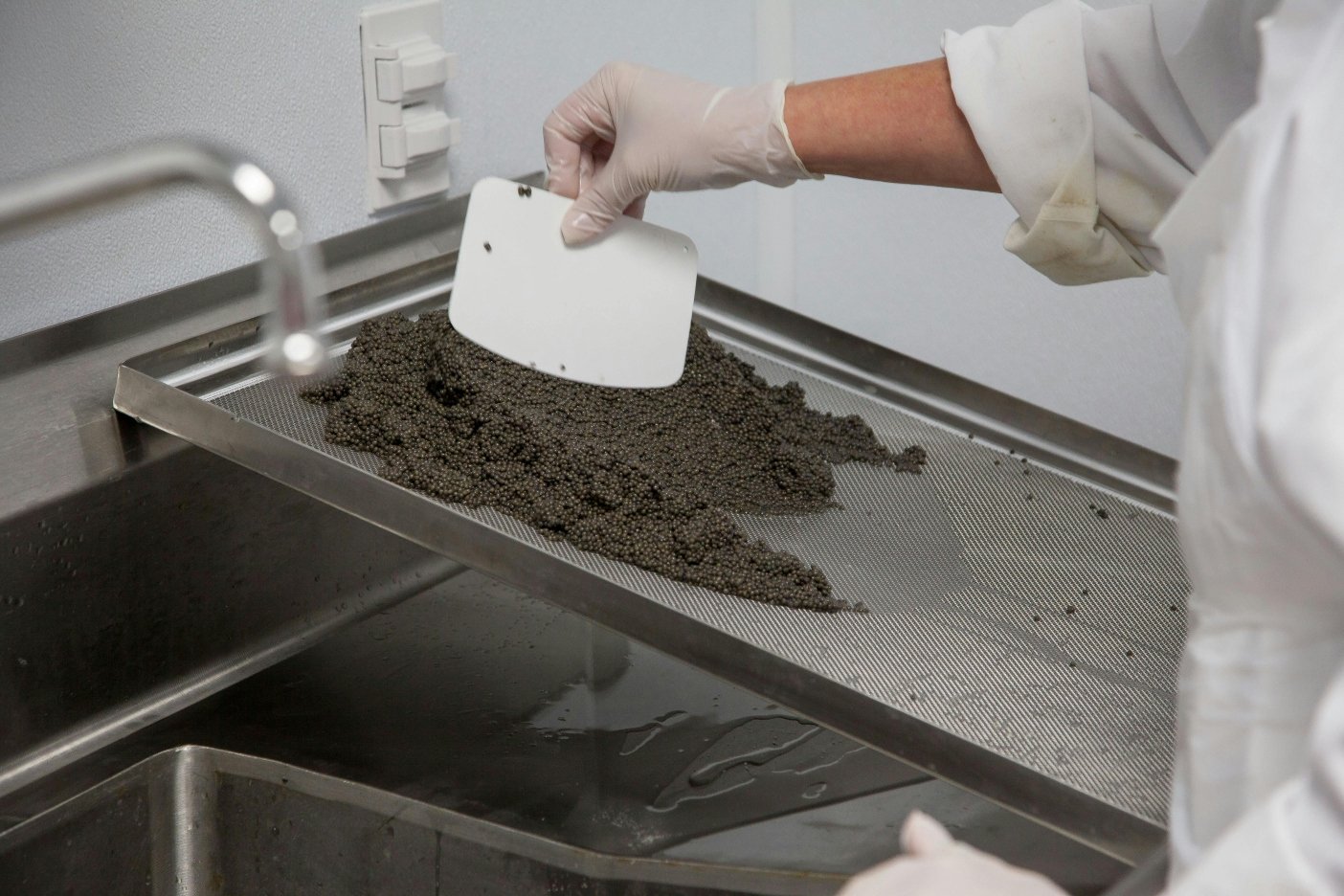Can a Small Factory Realistically Maintain FSSC 22000 Certification?
If you’re running a small factory, you may be asking:
“Is FSSC 22000 only for big companies with big budgets?”
Short answer? No.
Small factories can achieve and maintain FSSC 22000 — but only with smart planning, clear priorities, and the right mindset.
Here’s what it really takes:
✅ What Is FSSC 22000 — and Why Should Small Factories Care?
-
🌍 Globally recognized food safety certification
-
📦 Covers ISO 22000, PRPs (like ISO/TS 22002-1), and additional FSSC requirements
-
🏪 Often required by large retailers or export clients
-
📈 Improves credibility, traceability, and operational control
-
⚠️ Not optional for small factories in competitive supply chains

🧩 Challenges Small Factories Face with FSSC 22000
💸 1. Budget Limitations
-
Certification fees and consultant costs
-
Staff training and audit preparation
-
Implementation of infrastructure upgrades
👥 2. Limited Human Resources
-
One person managing production + QA + documentation
-
No dedicated HACCP team
-
Absence of internal auditors
⏰ 3. Time Constraints
-
Daily firefighting over planned improvement
-
Minimal downtime for audit prep or training
-
No full-time food safety personnel
📑 4. Complexity of Documentation
-
ISO-based systems require structure and consistency
-
Some procedures may feel “too corporate” or irrelevant
🔑 What Makes FSSC 22000 Possible for Small Factories?
✅ 1. Scale the System to Fit Your Size
-
Apply risk-based thinking to match your real operations
-
Don’t over-document — focus on what matters
-
Use simple flowcharts, checklists, and SOPs
✅ 2. Train Cross-Functional Teams
-
Cross-train staff to handle dual roles (e.g., production + QA)
-
Build a lean but capable HACCP team
-
Conduct short, targeted training sessions
✅ 3. Use Affordable Digital Tools
-
Excel + Google Sheets for traceability and logs
-
Free cloud backups for document control
-
Low-cost thermometer probes or sensors for CCP monitoring
✅ 4. Focus on Key FSSC Pillars
-
Hygiene zoning
-
Allergen management
-
Supplier approval
-
Food defense and fraud
-
Traceability + recall procedures
✅ 5. Start with GFSI-Level Mindset
-
Don’t treat certification as a one-time project
-
Build a food safety culture, not just compliance
-
Make PRPs (Good Manufacturing Practices) a daily habit
🛠️ Practical Tips for Small Factory FSSC Maintenance
-
📅 Schedule monthly mini-audits — even if it’s just 30 minutes
-
📂 Use simple document templates to avoid “blank page syndrome”
-
📋 Delegate — assign food safety roles even in a 10-person team
-
📸 Use photos for SOPs and cleaning procedures to save time
-
🔄 Keep logs short but useful (e.g., cleaning, pest control, temperature)
-
📣 Communicate why food safety matters — not just how to follow it
💡 Real Examples of Small Factories Getting Certified
-
A 12-person sauce factory passed FSSC using laminated checklists and a single QA officer
-
A rural biscuit producer used ISO 22000 plus HACCP to enter export markets
-
A family-owned beverage brand retained certification by outsourcing internal audit work

📣 Final Thought: It’s Not About Size — It’s About System
Yes, FSSC 22000 is achievable and realistic for small factories — if you:
-
Build a lean but functional system
-
Embrace risk-based thinking
-
Keep your PRPs practical and consistent
-
Make food safety a shared responsibility
Don’t let the word “ISO” or “certification” scare you. It’s just structure — and structure can save your brand.
📞 Want a Simplified FSSC Starter Kit for Your Factory?
At CAYS Scientific, we help small food producers build realistic, audit-ready food safety systems that work without breaking your budget.
👉 Contact us to learn about our Mini FSSC Pack — designed just for SMEs.


